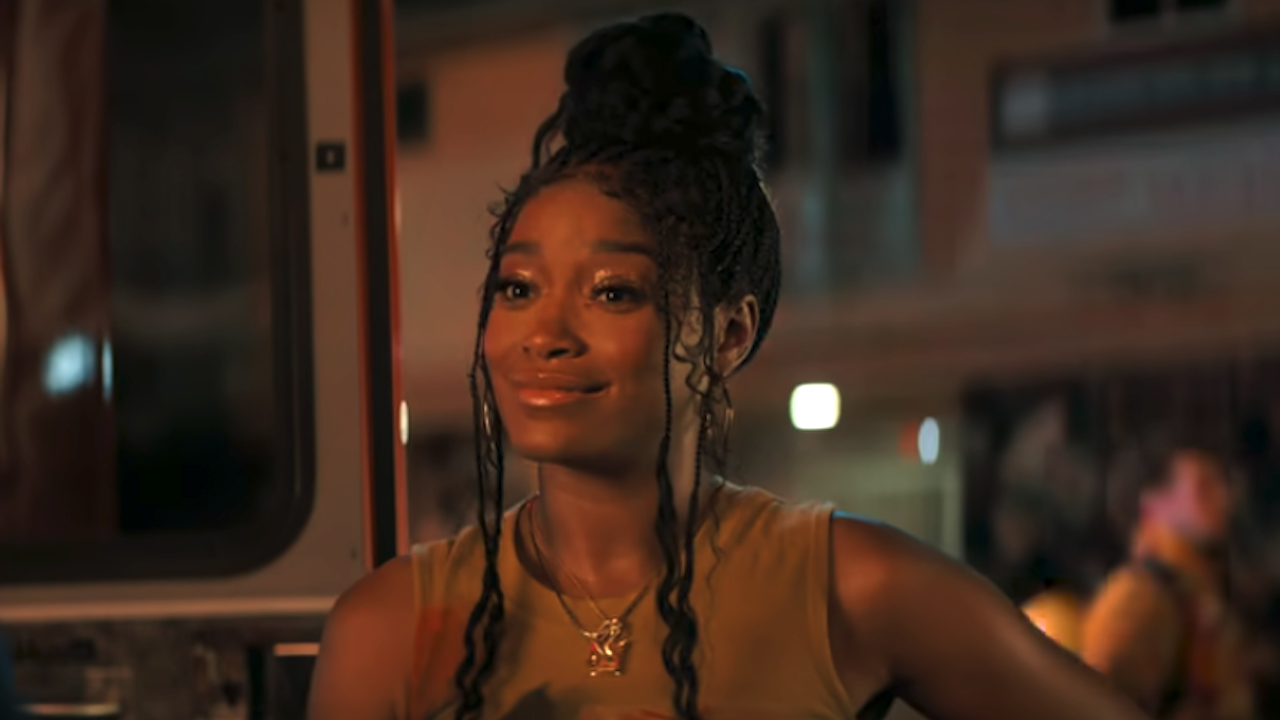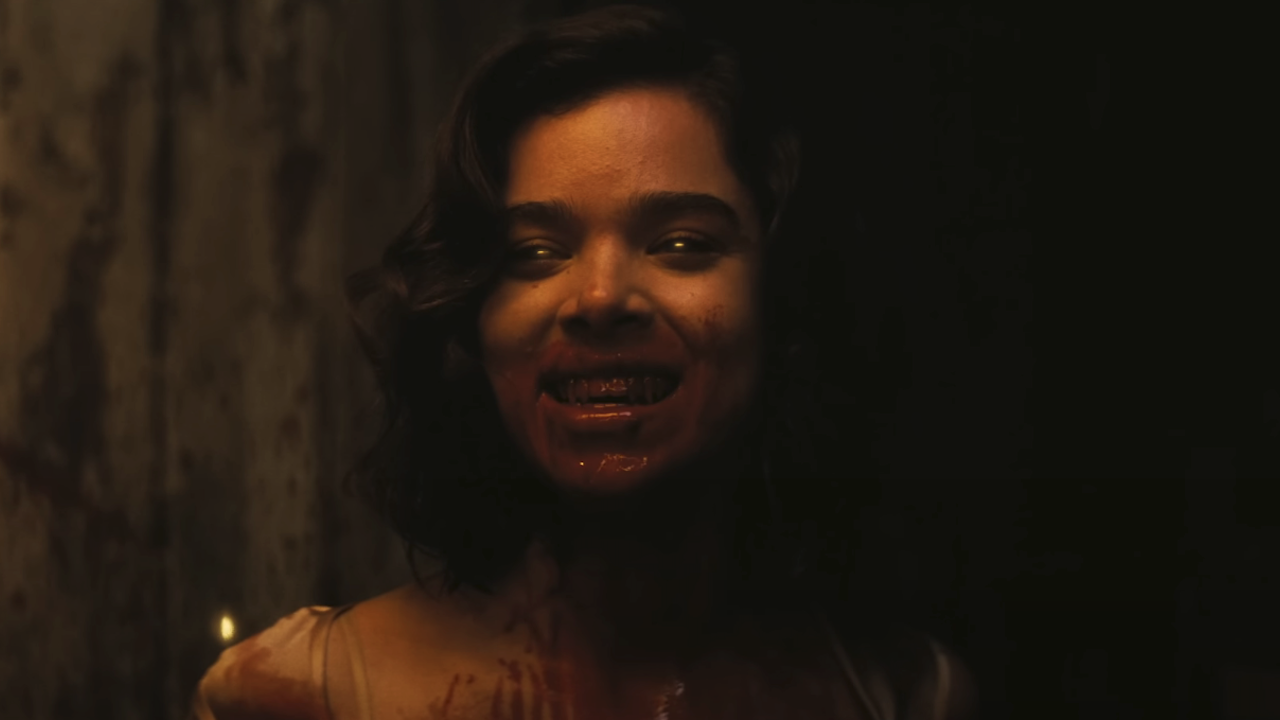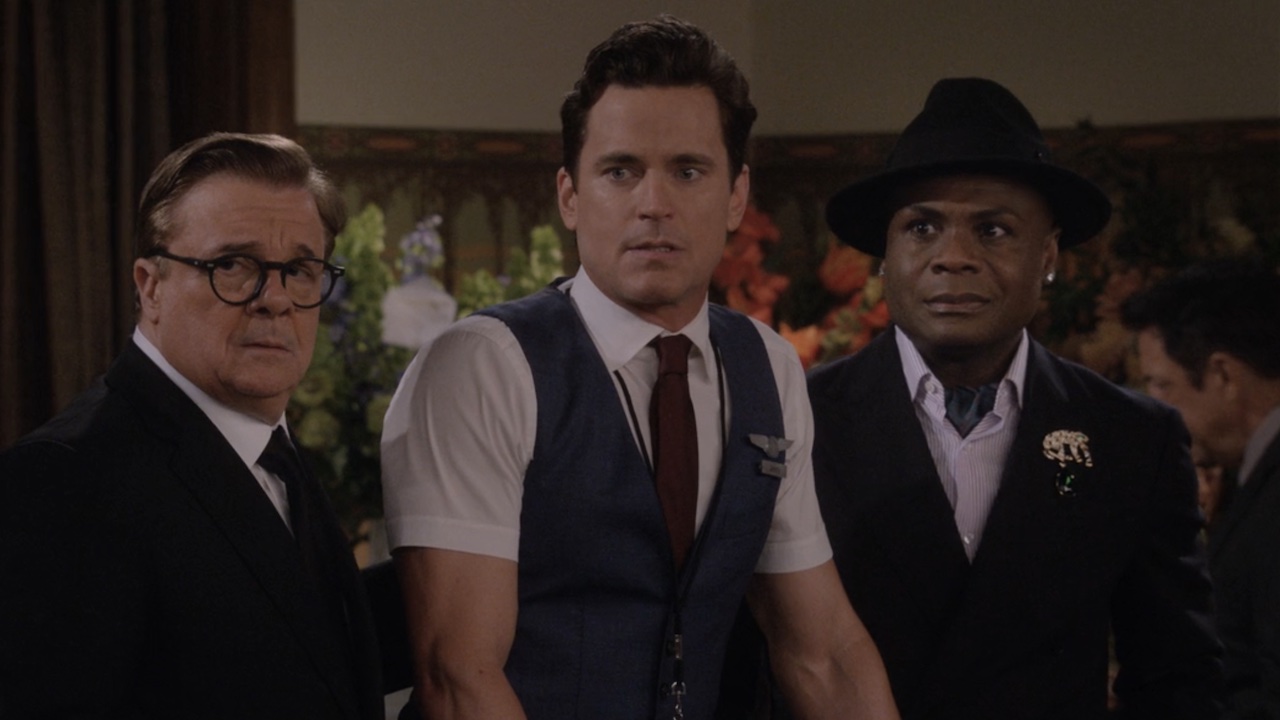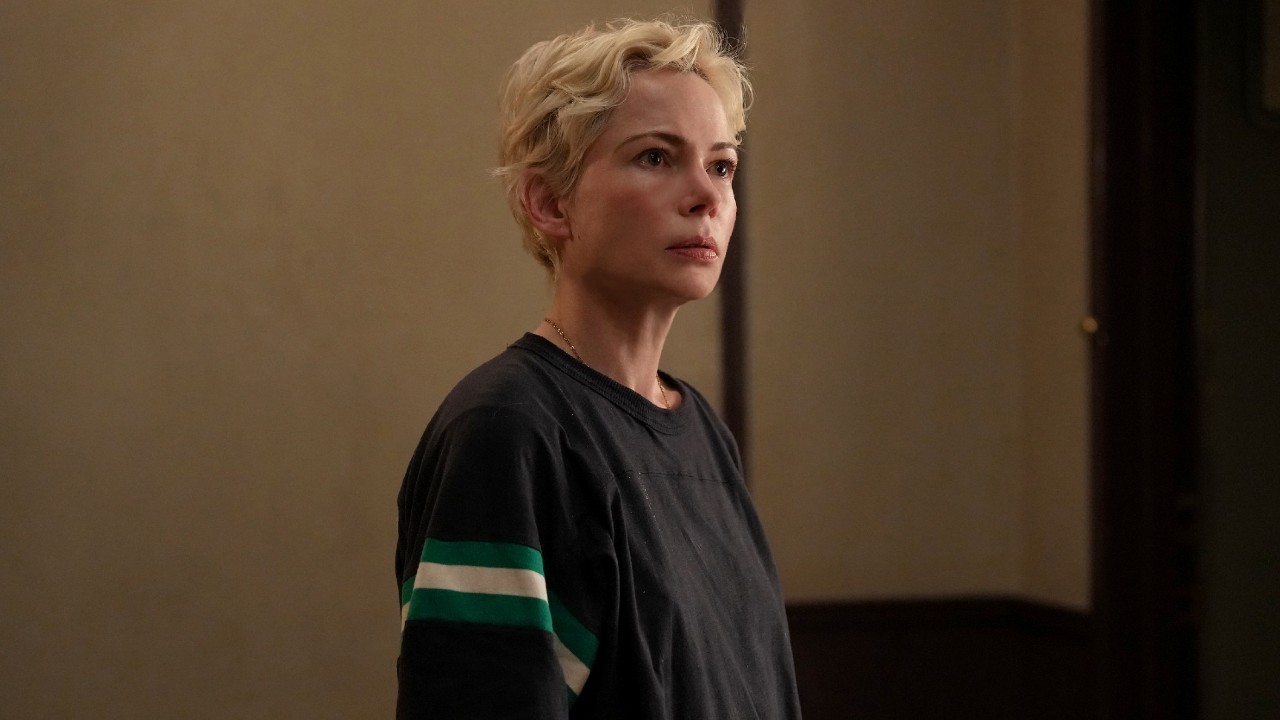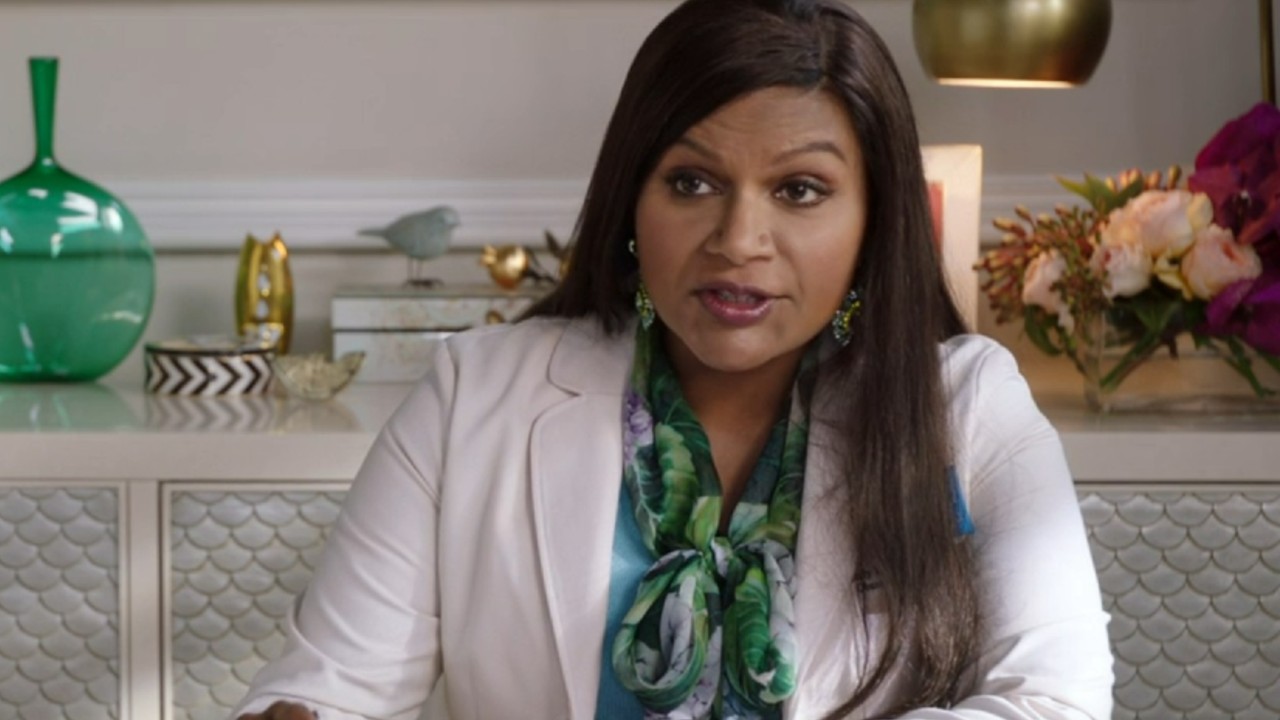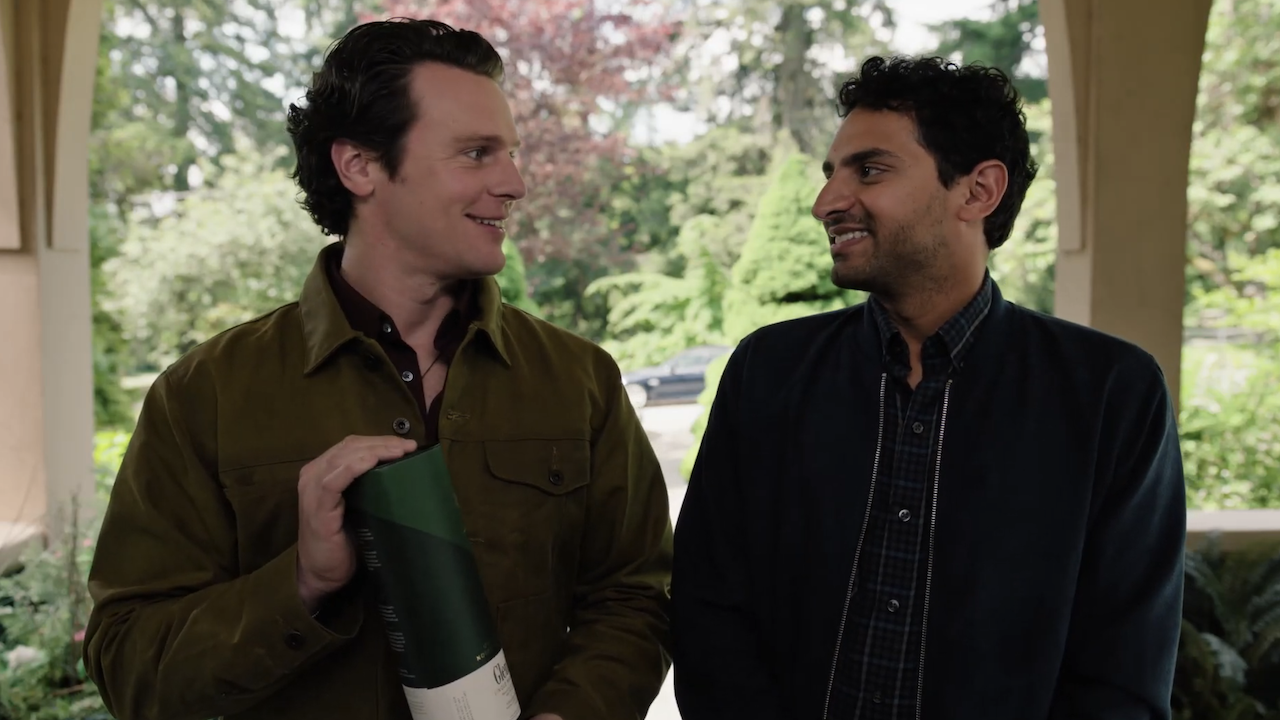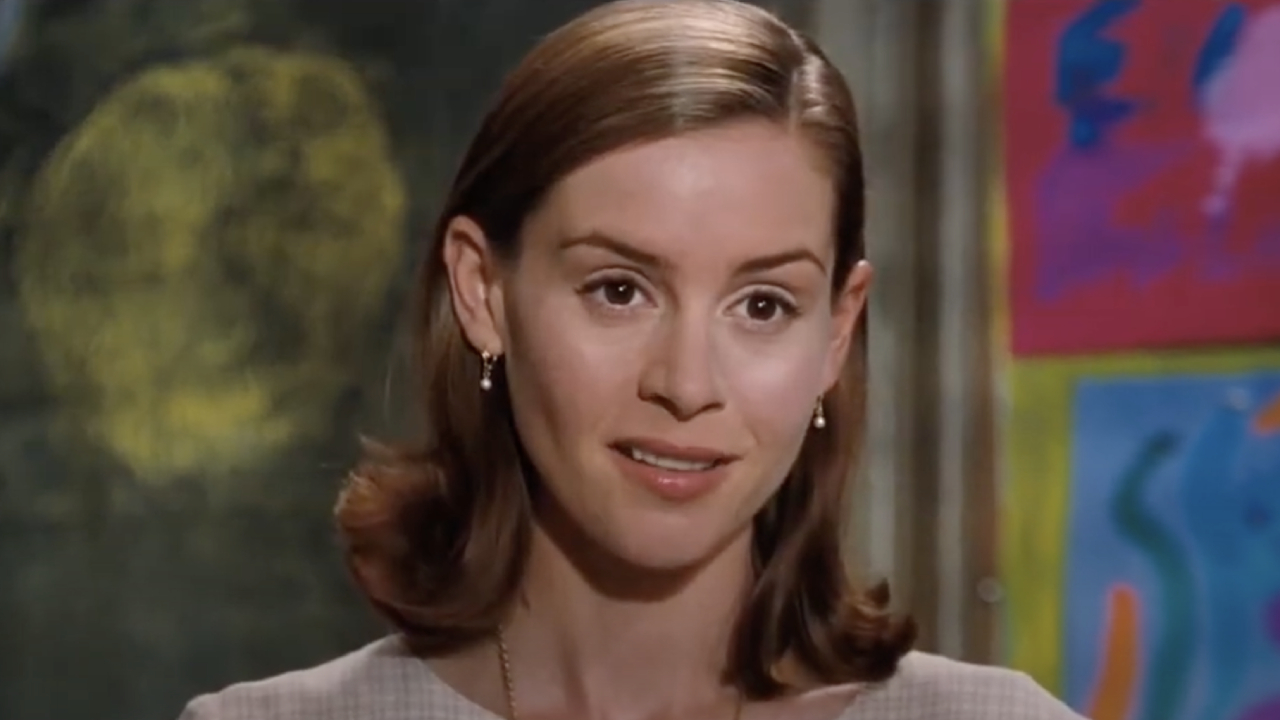Why Jewish Horror Movies Aren’t Really A Thing, According To The Vigil Director
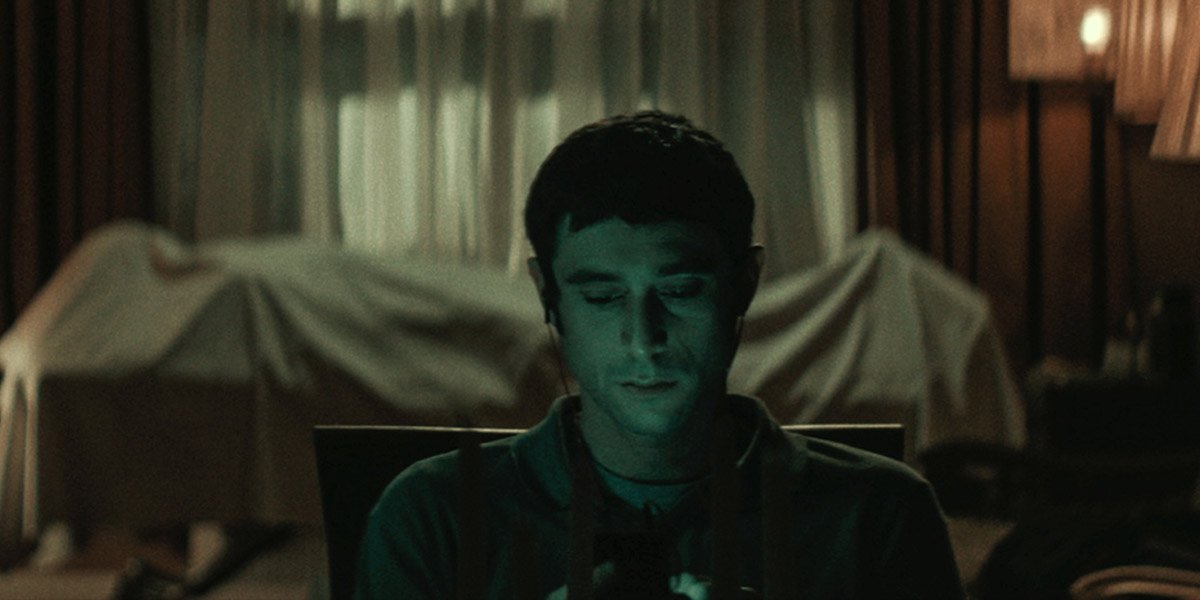
When it comes to religion in horror films, Christianity unquestionably has the market cornered. From demonic hauntings, to exorcisms, to every vampire movie where a cross is used to ward off a monster, there is no denying the link between the faith and the genre. But have you ever wondered why Jewish horror movies aren’t really a thing?
The Sam Raimi-produced 2012 feature The Possession, which has a dybbuk box at the center of its plot, is certainly an example, and I would personally make an argument (and have) that Joel and Ethan Coen’s A Serious Man also fits the bill, but it’s not easy to find much beyond that – particularly in modern cinema. That being said, the canon is actually expanding this week with the release of Keith Thomas’ The Vigil, and when I had the chance to interview the writer/director last week I took the opportunity to get his thoughts why there is so little Judaism-inspired horror in cinema.
As Thomas explained, a big part of the reason has to do with Jewish mythology – particularly as it compares to Christianity. The faith doesn’t include elements like Hell, Satan, and demons, and those are things that scary movies can easily reach to for a kind of verisimilitude. There are some elements of the religion that have traditional horror vibes, and The Vigil is a film that takes advantage of one, but mostly there just isn’t a great deal of material to mine. Said Thomas,
I think largely it's because, certainly the larger Jewish community, the more secular Jewish community, just isn't superstitious to a large part; I think that's piece of it. And the other thing is Judaism doesn't have the sort of Hell and devil that Christianity does in terms of this idea of demons being sent by the devil as his emissaries into the world to harvest souls. It doesn't exist in Judaism. I think it did to a certain extent a long, long time ago, and that's kind of where I pulled stuff out for The Vigil. But yeah, you just don't see it as much. You get dybbuks, like bad ghosts, and then Golems, and that's pretty much been the extent.
For his directorial debut, Keith Thomas most definitely found an aspect of Jewish faith with a high creepiness factor, as The Vigil tells the story of a shomer: a person who is hired to serve as a guardian for a person between the time that they die and are buried as a means of comforting the spirit that remains. In this specific case the shomer in question is a young man named Yakov (Dave Davis) who is still recovering from a traumatic event involving his younger brother. Needing the money to pay for his medication, he agrees to spend the night watching over a deceased man, but what he is horrified to discover is that there is entity existing in the house that not only threatens the spirit of the dead man, but also his life and future.
Without giving too much away, the entity in question is taken straight from Jewish mythology – but more to the point, Keith Thomas was actually shocked in the making of The Vigil that nobody had considered making a horror film about a shomer before. Really anything dealing with being close to death is inherently disturbing, so you’d think that crafting a narrative around the practice would have been explored before, but Thomas found that not to be the case when the movie was coming together. Said the filmmaker,
It was really weird for me when I kind of hit upon the idea of this shomer watching the body. That's a perfect setup for a horror film, it was kind of crazy that no one had made one yet. Cause that was rich with possibilities.
Beyond just the mythology, however, what also can’t be ignored in this conversation are the literal horrors that the Jewish people have endured for multiple millennia. The community’s history is darkened by traumatic nightmares like slavery in Egypt, the Spanish Inquisition, the Holocaust, Russian/Eastern European pogroms, and persistent anti-Semitism. It generally hasn’t been material that we’ve seen directly addressed in the genre in question, though, and what makes that circumstance even stranger, as Keith Thomas noted, is that there are a number of great horror movies made by Jewish directors (the aforementioned Sam Raimi, Steven Spielberg, and David Cronenberg being just a few). Said Thomas,
There's a lot of trauma there, and it's definitely something that I was mining for The Vigil and was touching upon. As it developed that became a very clear theme in terms of the community and why the community is as insular as it is. It was like, 'Well, there's this history...' And then just kind of reading back in my own family affected by Holocaust and pogroms before that, and the whole reason people fled to the United States. It does feel like a very rich vein, and I'm not sure… it's interesting because a lot of horror films are directed by Jewish filmmakers, but they're not necessarily digging into Jewish kind of concepts or ideas or mythology for those films.
The world of Jewish Horror isn’t perhaps substantial enough right now to be identified as its own cinematic subgenre, but who knows what the future may hold. As recognized by Keith Thomas in the making of The Vigil and during our conversation, there are multiple aspects of the faith, the culture, and the history waiting to be explored in scary cinema, and perhaps it’s just a matter of time before a crossover hit is produced that becomes a huge hit and opens the floodgates.
The Vigil is definitely a film that could open eyes to the potential, and is just by itself an exciting title for genre fans. The movie, which co-stars Menashe Lustig, Malky Goldman, Lynn Cohen, and Fred Melamed, opens in limited theatrical release and on demand this Friday, and is a title definitely worth hunting down.
CINEMABLEND NEWSLETTER
Your Daily Blend of Entertainment News

Eric Eisenberg is the Assistant Managing Editor at CinemaBlend. After graduating Boston University and earning a bachelor’s degree in journalism, he took a part-time job as a staff writer for CinemaBlend, and after six months was offered the opportunity to move to Los Angeles and take on a newly created West Coast Editor position. Over a decade later, he's continuing to advance his interests and expertise. In addition to conducting filmmaker interviews and contributing to the news and feature content of the site, Eric also oversees the Movie Reviews section, writes the the weekend box office report (published Sundays), and is the site's resident Stephen King expert. He has two King-related columns.
